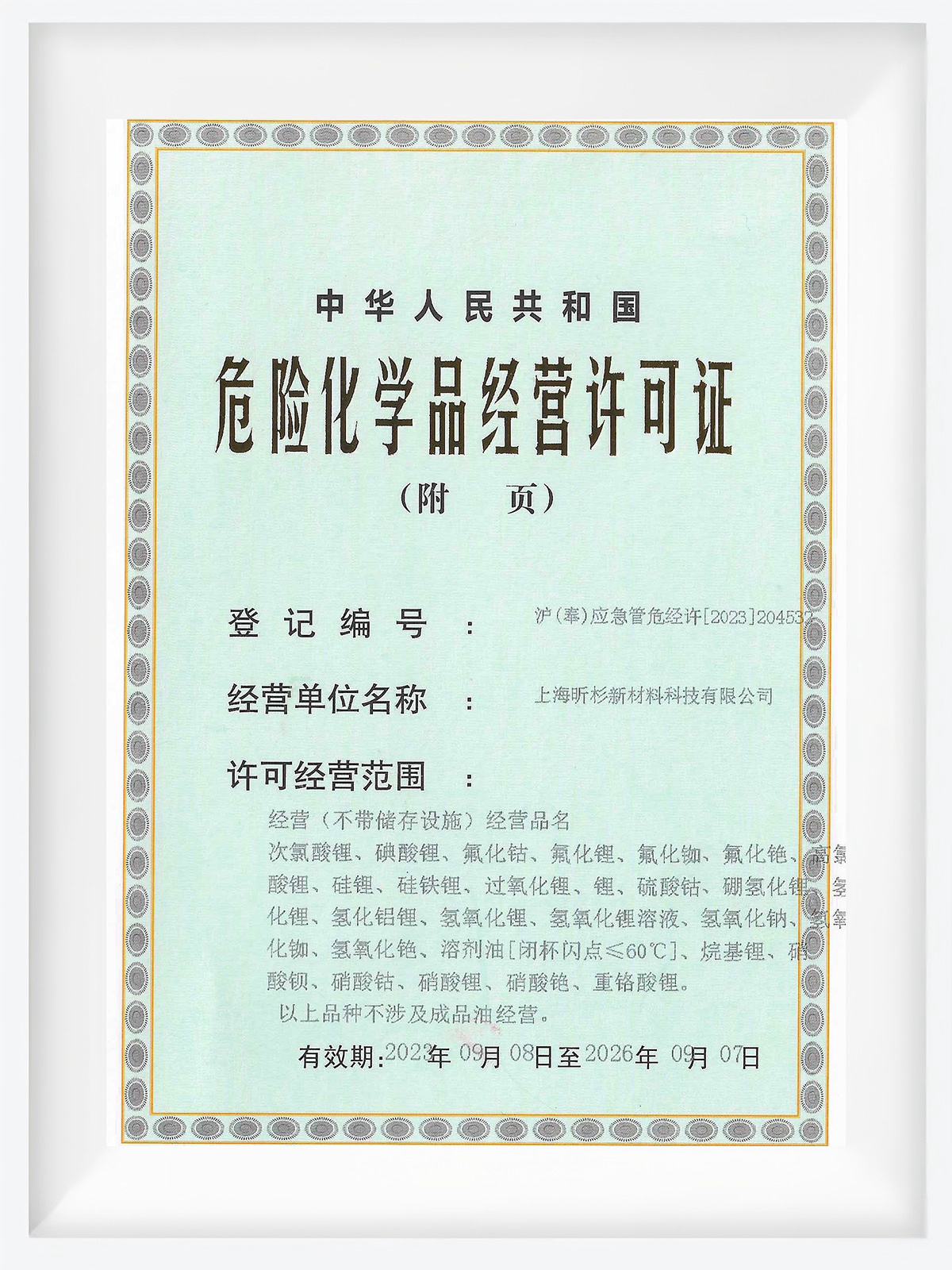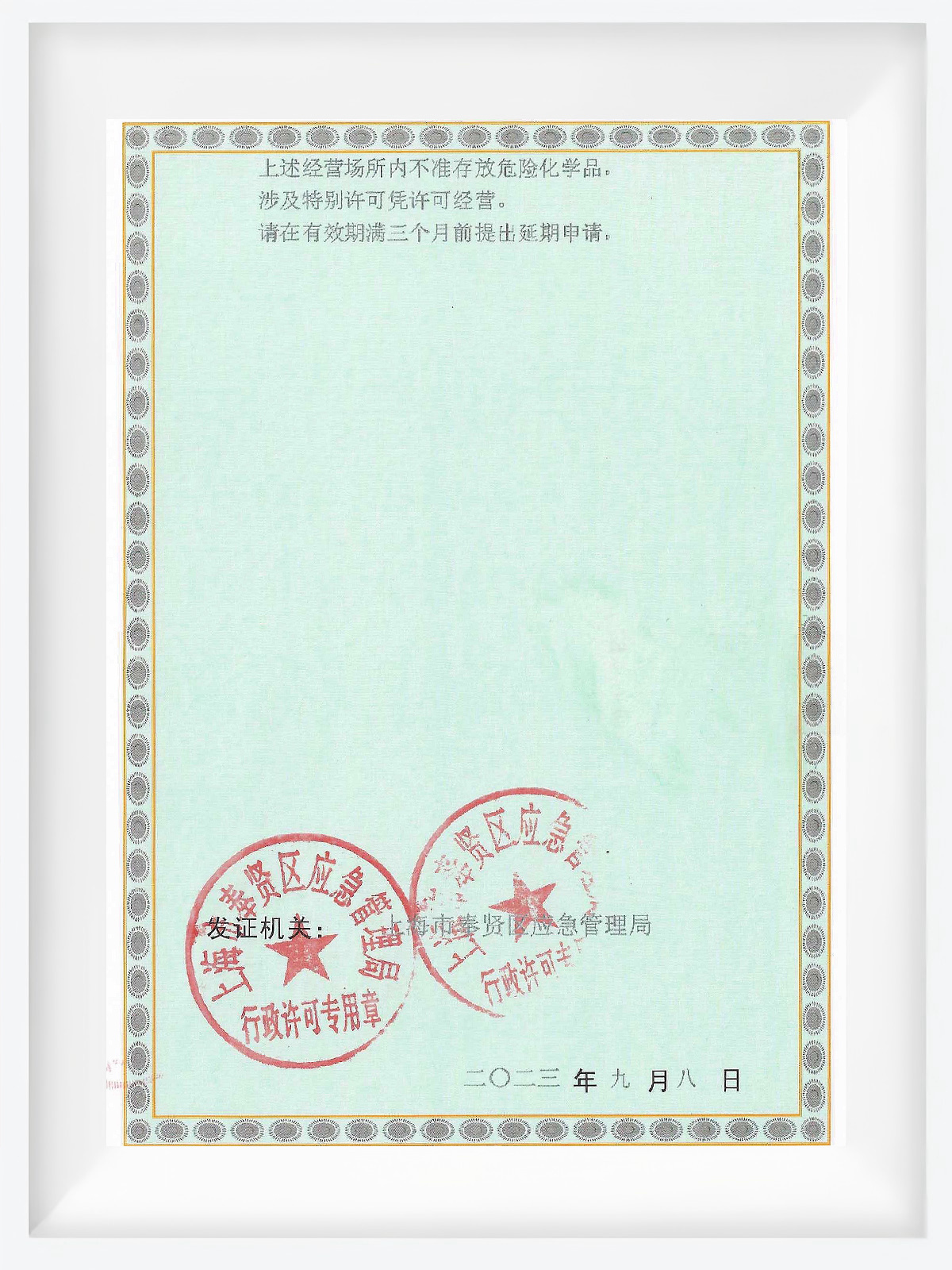
APPLICATION AREAS
Lithium battery
Lithium batteries are widely used in many fields, mainly including consumer electronics, transportation, energy storage, industry, military and aviation.
Consumer electronics field
Lithium batteries are widely used in consumer electronic devices, including smartphones, tablets, laptops and digital cameras. The lithium battery capacity of smartphones and tablets is generally between 2000-5000mAh and 6000-10000mAh, respectively, to meet the endurance requirements of several hours to more than ten hours. The lithium battery capacity of laptops is between 4000-9000mAh to meet high performance requirements.
Transportation field
In transportation, lithium batteries are mainly used in electric vehicles and electric two-wheeled vehicles. Electric vehicles such as pure electric vehicles and hybrid vehicles rely on lithium batteries for power. The battery capacity of pure electric vehicles ranges from 30kWh to 100kWh, and high-energy-density lithium batteries can increase the vehicle's range. Electric two-wheeled vehicles such as electric bicycles and electric motorcycles also widely use lithium batteries to meet power requirements with their high energy density and fast charging performance.
Energy storage field
The application of lithium batteries in the field of energy storage includes grid energy storage and home energy storage systems. Grid energy storage systems are used to balance electricity supply and demand, while home energy storage systems are used in conjunction with distributed solar power generation equipment to improve home energy self-sufficiency. For example, Tesla Powerwall is a lithium battery energy storage product for home users with a capacity of 13.5kWh.
Industrial field
Lithium batteries are used in the industrial field for medical electronics, power tools, drones, commercial robots, etc. Its high energy density and long cycle life allow the equipment to have a longer service life while ensuring performance. For example, smart lithium batteries can provide power support for robots and automated production lines to ensure the stable operation of equipment.
Military and aviation fields
Lithium batteries are used in the military field for field power supply, unmanned equipment, single-soldier power supply, etc. In the aviation field, lithium battery technology has gradually matured, and high-performance and large-capacity lithium batteries will further meet the power needs of a new generation of multi-power civil aircraft, reduce the weight of aircraft, and promote its application in aircraft emergency lighting, cockpit voice recorders and other airborne systems.
Other fields
Lithium batteries are also used in smart homes, smart wearable devices, portable medical devices and other fields. For example, household appliances such as smart refrigerators and smart washing machines rely on lithium batteries to provide power to ensure stable operation of the equipment. Smart wearable devices such as smart watches and smart bracelets also use lithium batteries to meet the needs of long-term wear and use.




CERTIFICATE


RELATED PRODUCTS


